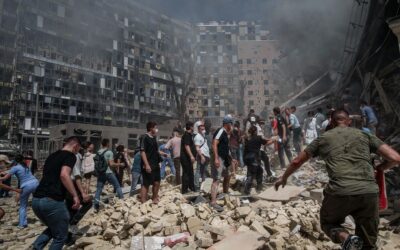Born with a rare illness that caused lacerations in her flesh and enormous suffering throughout her life, Daniela passed away in 1986 at the young age of twenty-four. She belonged to the Gen group in her hometown of Novara, Italy. Her diary reveals the secret that sustained her in the most difficult moments: the choice of Jesus crucified and abandoned, which transfigured every suffering into love. On March 23, 2017 Pope Francis recognized her heroic virtues and declared her “Venerable”. The Focolare Movement rejoices with her parents, brothers and all who had the privilege of knowing her.
Love gives meaning to everything
Love gives meaning to everything




0 Comments